The Quatermass Xperiment (1955) Online
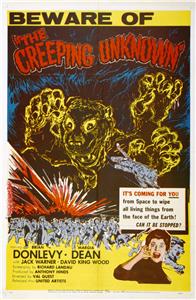
In the countryside of London, a rocket crashes on a farm and Professor Bernard Quatermass and Scotland Yard Inspector Lomax arrive in the spot. The rocket was launched by Prof. Quatermass with the astronauts Victor Carroon, Greene and Reichebheim; however only Carroon is found very sick in the cabin. He is transported to a private clinic to stay under observation despite the protests of his wife Mrs. Judith Carroon. She bribes a nurse to bring Carroon to her and she finds that he is transforming into a monster. Carroon escapes, killing people and animals during his metamorphosis while the Scotland Yard is hunting him down and Dr. Quatermass discovers that his process is an alien invasion.
| Complete credited cast: | |||
| Brian Donlevy | - | Prof. Bernard Quatermass | |
| Jack Warner | - | Insp. Lomax | |
| Margia Dean | - | Mrs. Judith Carroon | |
| Thora Hird | - | Rosemary 'Rosie' Elizabeth Wrigley | |
| Gordon Jackson | - | BBC TV producer | |
| David King-Wood | - | Dr. Gordon Briscoe | |
| Harold Lang | - | Christie | |
| Lionel Jeffries | - | Blake | |
| Sam Kydd | - | Police sergeant questioning Rosie | |
| Richard Wordsworth | - | Victor Carroon |
The film achieved a degree of notoriety Stateside when in 1956 the parents of Stewart Cohen attempted to sue the Lake Theater and distributors United Artists for negligence after their nine-year-old son died of a ruptured artery in the cinema lobby at a double-bill of this and The Black Sleep (1956). Cohen entered the Guinness Book of Records as the only known case of someone literally dying of fright at a horror film.
Nigel Kneale had several reservations about this adaptation of his tale, conceding it was well-directed and pared down with pace from his original story line. He deplored the use of US actors Brian Donlevy (finding him far too unsympathetic and implausible as the lead role) and Margia Dean. Les Bowie's tripe-based realisation of the creature, also vexed the writer. Kneale was further infuriated by the BBC, who refused him any involvement or remuneration for this commercial use of his work, since as a contracted staff member all rights remained with the Corporation and not the individual.
Among the materials used by Les Bowie to embellish the monster were bovine entrails and tripe.
Val Guest heavily reworked Richard Landau's story draft (which assumed Quatermass would be British so changed Briscoe into a USAF Flight Surgeon), particularly tailoring the dialogue to compliment Donlevy's punchy no-nonsense acting style, which he believed helped to sell the more obscure SF plot elements to audiences.
Actress, cake decorator and former fiancée of Paul McCartney, a young Jane Asher plays the little girl trying her unsuspecting best to befriend a transmogrifying Victor Carroon (Richard Wordsworth). The chance encounter is reminiscent of James Whale's classic Frankenstein (1931), wherein Little Maria and the Frankenstein monster meet.
The unusually-spelled "Xperiment" in the title pointed up to British cinemagoers that this was their first X-rated SF film. The British Board of Film Censors had instituted the use of the "X" certificate in 1951 to indicate that certain films had themes that might be too strong or intense for persons under the age of 16. The film's title exploited the fact of receiving this "honor" by the spelling of the word "Xperiment".
Brian Donlevy and Margia Dean came onboard the project on the recommendation of Hammer's American distributor Robert L. Lippert, to increase appeal for US audiences.
Anthony Hinds handed the TV scripts of the story to Val Guest as the latter was about to fly to Tangier for a holiday. Implored by his wife to read them (having caught none of the 1953 BBC broadcasts), an impressed Guest felt that the story would benefit from a cinema vérité shooting style, to lend a documentary air and so strengthen credibility.
The first adaptation by Hammer of what was originally a TV drama.
HD TV reveals even more clearly that the Abbey monster is mostly made of pieces of tripe.
This film was originally slated to be released in the United States by 20th Century Fox. However, to convince more exhibitors to install Cinemascope equipment, studio chief, Darryl F. Zanuck, pledged that all future 20th Century Fox releases would be in Cinemascope or a compatible anamorphic process. Since this Hammer production was shot in "flat" widescreen, it had to be passed over. It was picked up and released through United Artists.
The original British release billed Brian Donlevy and Jack Warner before the main title ("The Quatermass Xperiment"), with Margia Dean heading the supporting cast after the title. For the US release Donlevy, then Ms. Dean, and then Warner were billed before the main title ("The Creeping Unknown"), moving Thora Hird up to the top of the supporting cast, the remaining order of which was not changed. Also, Val Guest did not receive co-screenplay credit on the US credits; Nigel Kneale's credit was altered to simply "Based on the play by", and the Acknowledgments credits were omitted altogether.
At no point during either of the Hammer/Donlevy Quatermass films is the central character referred to as a professor.
The original onscreen title of this film was The Quatermass Experiment, as it should have been, of course. Only contemporary posters advertising the film gave it as .....Xperiment, undoubtedly only to emphasise the fact that it had been granted an X certificate by the BBFC. The BBFC's website confirms this fact. The onscreen title was probably changed for the film's reissue or its issue on VHS and DVD, for some obscure reason.
According to Nigel Kneale, Sidney Gilliat had expressed an interest in filming the story.
The name Victor Caroon was used ,with a spelling of Carune, in Stephen King's short story "The Jaunt".
The re-release in Spain was only in Barcelona (Méliès Cinemes). The film was projected 7 days and only in subtitled version.
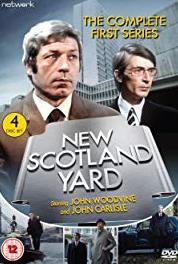
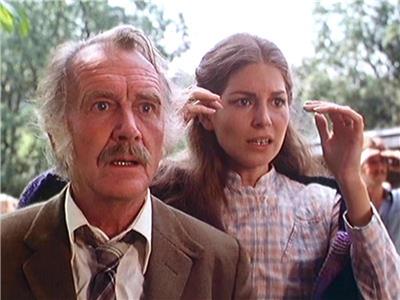
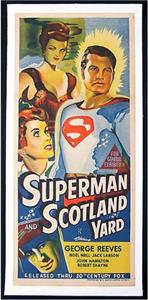
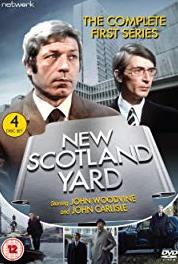
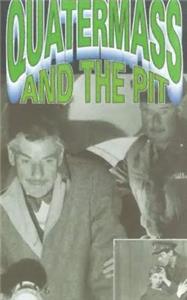
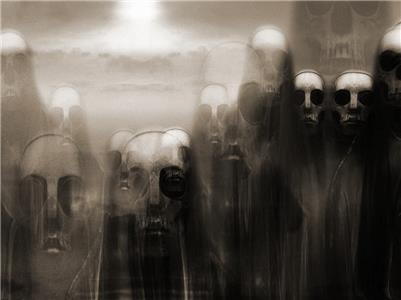
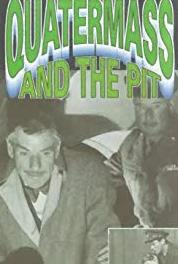
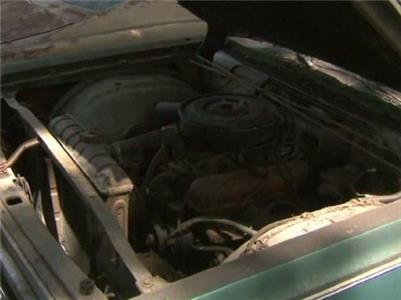
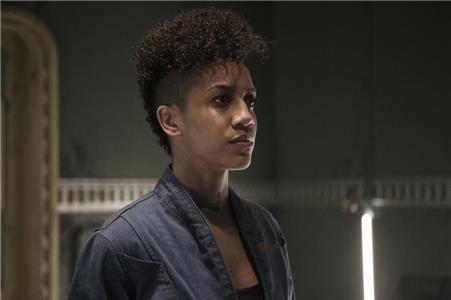

User reviews